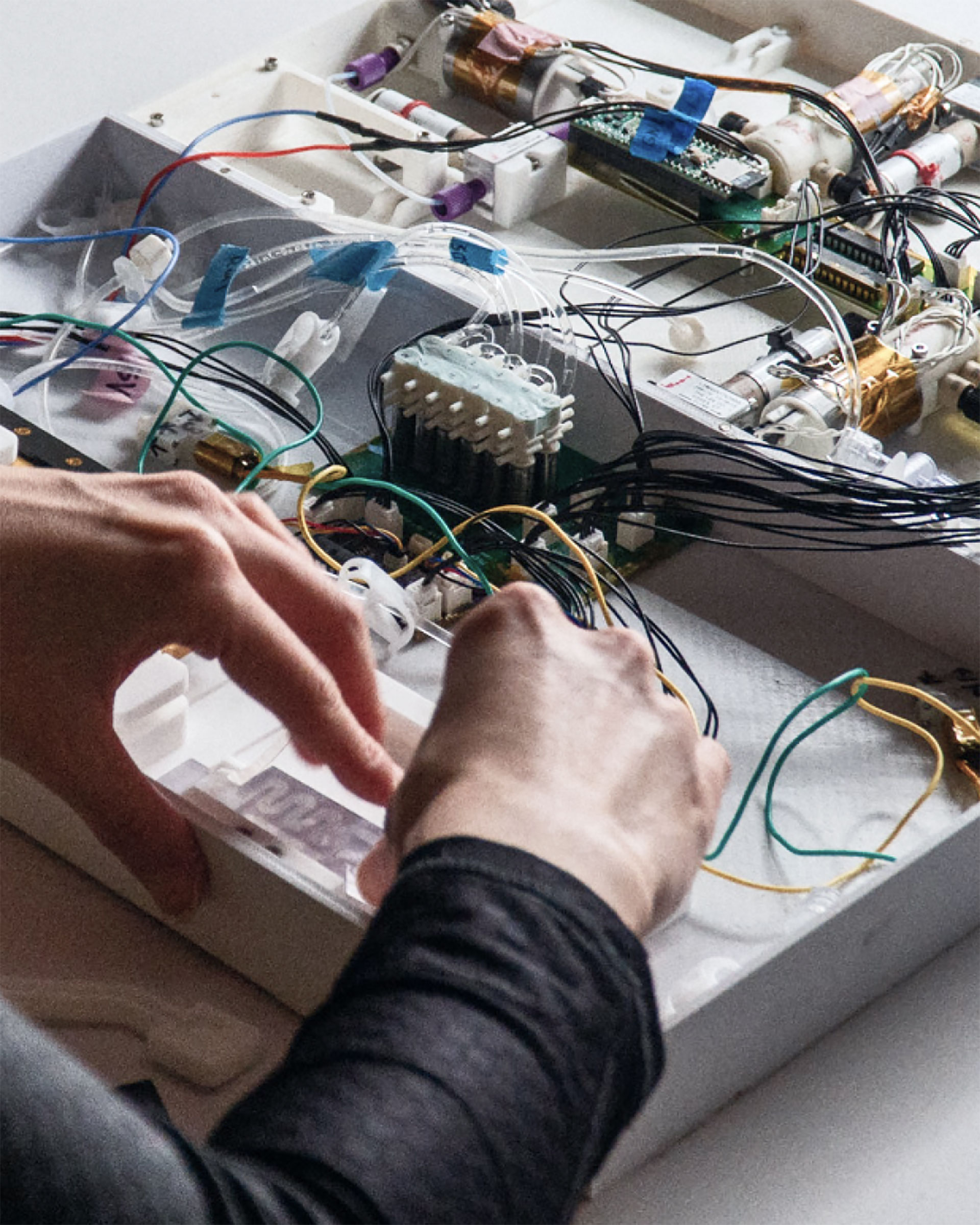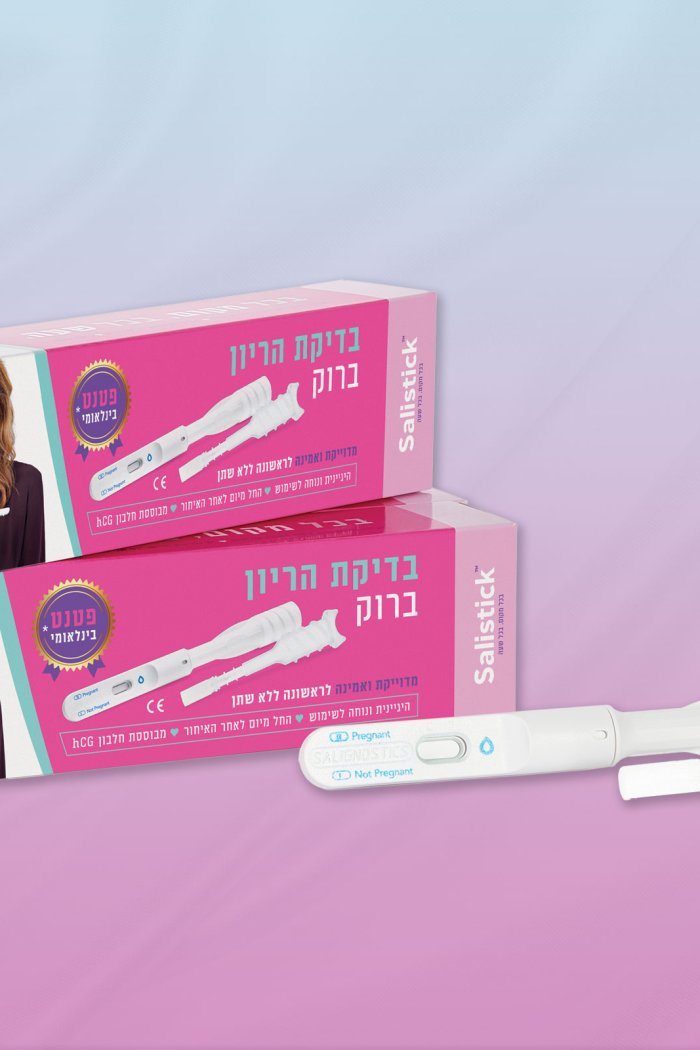These are independent reviews of the products mentioned, but TIME receives a commission when purchases are made through affiliate links at no additional cost to the purchaser.
In 2021, biologist Allison Werner of the federal National Renewable Energy Lab published a paper about a bacteria she’d engineered to break down single-use PET-plastic monomers (commonly used in food packaging) into a molecule that can be upcycled into high-performance nylon. But she never considered how it could be used in space. In November 2022, a team of collaborators from SeedLabs, MIT, NREL, Cornell, and Harvard launched the MicroPET experiment, an open source biological platform that employs this bacteria, to the International Space Station. Someday, it’s hoped, astronauts will be able to use MicroPET with other engineered bacteria strains to ultimately create fuel, food, and spacesuit thread while in orbit via a multi-step process.
More Must-Reads from TIME
- Cybersecurity Experts Are Sounding the Alarm on DOGE
- Meet the 2025 Women of the Year
- The Harsh Truth About Disability Inclusion
- Why Do More Young Adults Have Cancer?
- Colman Domingo Leads With Radical Love
- How to Get Better at Doing Things Alone
- Michelle Zauner Stares Down the Darkness





